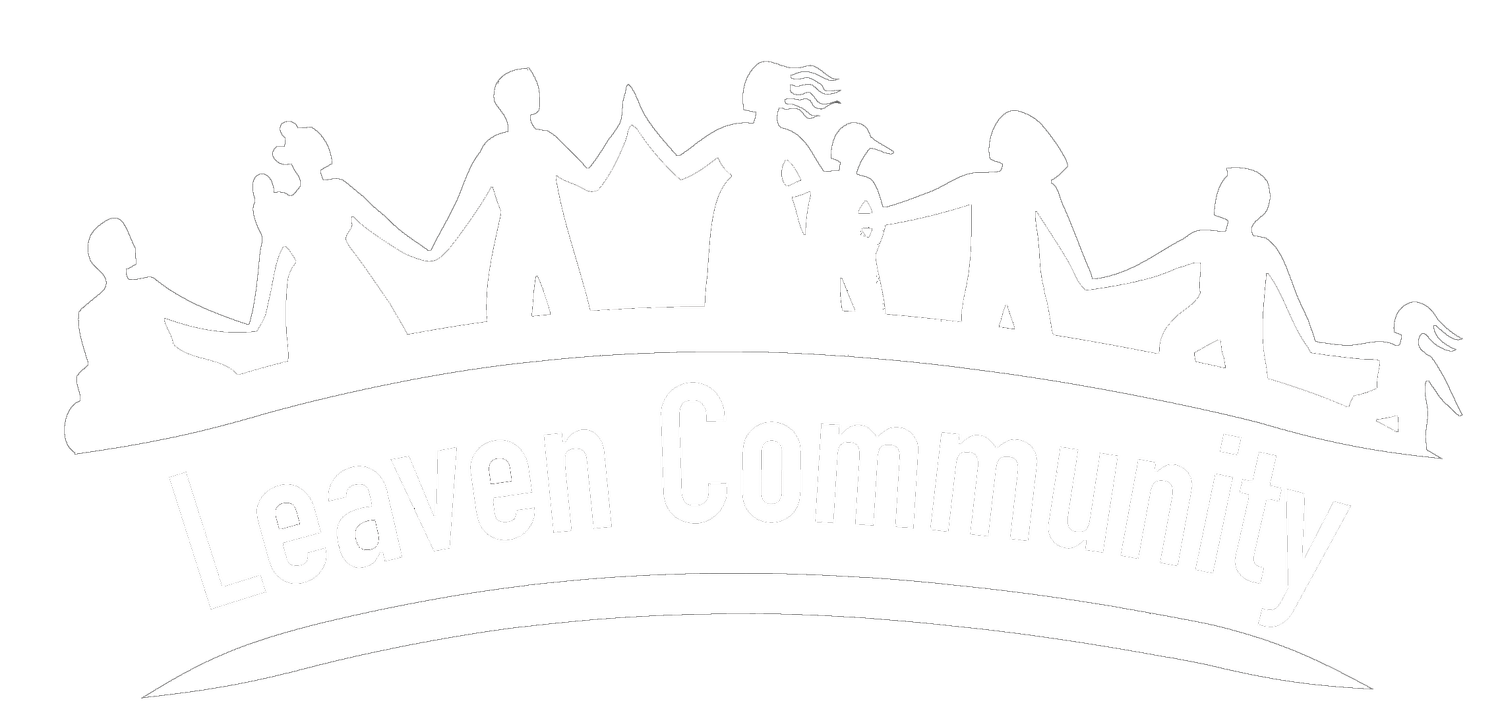“Turning Your Whole Way of Thinking Upside Down” by Pema Chödrön
The Best Buddhist Writing 2007; Edited by Melvin McLeod and the Editors of the Shambhala Sun; Copyright 2007
Following are excerpts from the essay woven together for the discussion on Saturday, September 30, 2018. LaVeta
“According to the Buddhist teachings, difficulty is inevitable in human life. We cannot escape the reality of death, aging, illness, of not getting what we want, and of getting what we don’t want.
But the Buddhist teachings also say that this is not really what causes us misery in our lives. What causes misery is always trying to get away from the facts of life, always trying to avoid pain and seek happiness - this sense of ours that there could be lasting security and happiness available to us if we could only do the right thing.
In this very lifetime we can do ourselves and this planet a great favor and turn this very old way of thinking upside down.
Inner strength is available to us at just the moment when we think we’ve hit the bottom. Instead of asking ourselves, “How can I find security and happiness?” we could ask ourselves, “Can I touch the center of my pain? Can I sit with suffering, both yours and mine, without trying to make it go away? Can I stay present to the ache of loss or disgrace - disappointment in all it many forms - and let it open me?” This is the trick.
It can be helpful to shift our focus and look at how we put up barriers and how we withdraw and become self-absorbed when we encounter pain. We become dry, sour, afraid; we crumble or harden out of fear that more pain is coming. In some old familiar way, we automatically erect a protective shield and our self-centeredness intensifies.
But this is the very same moment when we could do something different. Right on the spot, through practice, we can get very familiar with the barriers that we put up around our hearts and around our whole being. We can become intimate with just how we hide out, doze off, freeze up. And that intimacy, coming to know these barriers so well, is what begins to dismantle them. Amazingly, when we give them our full attention, they start to fall apart.
When we’re putting up the barriers and the sense of “me” as separate from “you” gets stronger, right there in the midst of difficulty and pain, the whole thing could turn around simply by not erecting barriers; simply by staying open to the difficulty, to the feelings that you’re going through simply by not talking to ourselves about what’s happening.
There are two kinds of bodhichitta: relative and absolute. Relative includes compassion and maitri. Maitri can be translated as “unconditional friendliness with oneself.” This unconditional friendliness means having an unbiased relationship with all the parts of your being.The qualities that are the toughest to be kind to are the painful parts, where we feel ashamed, as if we don’t belong, as if we’ve just blown it, when things are falling apart for us. Maitri means sticking with ourselves and becomes the basis for extending the same unconditional friendliness to others.
Relative bodhichitta also includes awakening compassion. One of the meanings of compassion is “suffering with” being willing to suffer with other people. This means that to the degree you can work with the wholeness of your being - your prejudices, your feelings of failure, your self-pity, your depression, your rage, your addiction - the more you will connect with other people out of that wholeness. And it will be a relationship between equals. You will be able to feel the pain of other people as your own pain. And you’ll be able to feel your own pain and know that it’s shared by millions.
Absolute bodhichitta, also known as shunyata, is the open dimension of our being, the completely wide-open heart and mind. Cultivating absolute bodhichitta means having a relationship with the world that is non-conceptual, that is unprejudiced, having a direct, unedited relationship with reality.
The awakened heart refers to a longing to wake up from ignorance and delusion in order to help others do the same. Putting our personal awakening in a larger - even planetary - framework makes a significant difference. It gives us a vaster perspective on why we would do this often difficult work.
We may still get betrayed, may still be hated. We may still feel confused and sad. What we won’t do is bite the hook. Pleasant happens. Unpleasant happens. Neutral happens. What we gradually learn is to not move away from being fully present. We need to train at this very basic level because of the widespread suffering in the world. If we aren’t training inch by incy, one moment at a time, in overcoming our fear of pain, then we’ll be very limited in how much we can help. We’ll be limited in helping ourselves and limited in helping anybody else. So, let’s start with ourselves, just as we are, here and now.”

